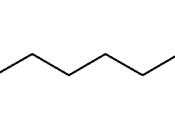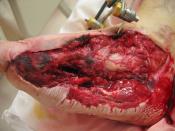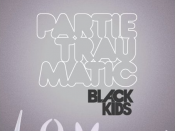1
Running head: EFFECT OF FALSE SUGGESTIONS ON MEMORY IN A TRAUMATIC EVENT
2
EFFECT OF FALSE SUGGESTIONS ON MEMORY IN A TRAUMATIC EVENT
Effect of False Suggestions on Memory in a Traumatic Event
Clinton Dsouza (998609796)
University of Toronto
Loftus & Palmer (1974) set the ground running with a classical study that looked into the interaction between language and memory in their 'Reconstruction of Automobile Destruction' study. They discovered that a change in a single word, in this case an action verb, elicited different estimates for speed when viewing videos of automobile accidents (Loftus & Palmer, 1974). Zaragoza & Mitchell (1996) used this platform to observe the possibility of creating false memories through repeated exposure to suggestions. In their study, participants claimed that they remembered suggested events in the video as well as believed to have consciously seen it in the video (Zaragoza & Mitchell, 1996). The purpose of this study proposal is to look at the two aforementioned studies in a collaborative manner, in an attempt to see if exposure to false suggestions affects the memory during a traumatic event.
This study's aim is to focus on individuals who may have been one of the very few to witness a traumatic event, but due to the multitude of events occurring at once, they are under greater pressure.
The building blocks for this proposal stemmed from cases where crimes were committed in public places while distracting the crowd, in order to minimize the number of eyewitnesses for the actual offense. The scope of this proposal is a lot narrow than for usual crimes, however, cases like these often have extremely long investigations, proceedings and duration of decisions which make them more susceptible to errors from wrongful eye witness testimonies. Since this study is an integration of two...


